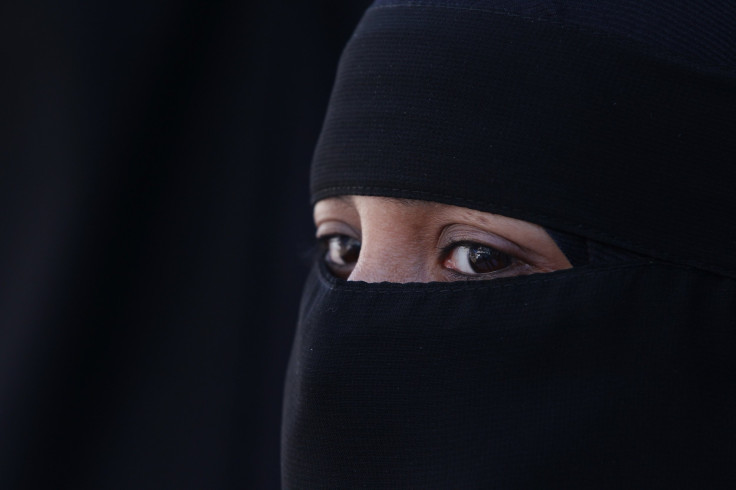Chad Burqa Ban: Islamic Face Veils Outlawed In Muslim-Majority State Following Boko Haram Suicide Bombings

Chad announced Wednesday that it had banned full Islamic face veils, or burqas, after suicide bombings hit the central African state’s capital earlier this week. The country’s prime minister said that militants had used the veil as “camouflage” and that security forces would begin burning all face veils sold in markets, the BBC reported.
The Muslim-majority country in central Africa also said that it would be banning head-to-toe burqas and religious turbans. The ban would be applied everywhere, not only in public places, said Prime Minister Kalzeube Pahimi Deubet, adding that any clothing that covered anything but the eyes would be considered camouflage.
"Even the burqas for sale in the markets will be withdrawn," Deubet said in comments reported by Reuters. The prime minister met with religious leaders in the country Wednesday to discuss the measures on the same day that his government announced it had arrested five suspects accused of involvement in simultaneous bombings in the city of N’Djamena that left at least 34 people dead.
The bombings, which took place outside of a police headquarters and police academy, were the first such attacks in the Chadian capital. Authorities have blamed the attacks on the Nigerian Islamist militant group Boko Haram, accusing the group retaliating for Chad’s leading role in a regional offensive against the group. Chad’s capital serves as the command center for an African task force composed of troops from neighboring Nigeria, Niger, Cameroon and Benin.
"Boko Haram chose the wrong target," the government said in a statement reported by Agence France-Presse. “These lawless and faithless terrorists will be flushed out and neutralized wherever they are.”
Around 53 percent of Chad's population identifies as Muslim, according to the CIA Factbook. Burqas are worn in Chad mainly for religious reasons. However, some women also wear the garment to protect themselves from the hot and dusty Saharan climate, the BBC reported. Chad’s ban comes just weeks after Congo-Brazzaville instituted its own ban on burqas, which it said was designed to counter extremism.
© Copyright IBTimes 2024. All rights reserved.






















